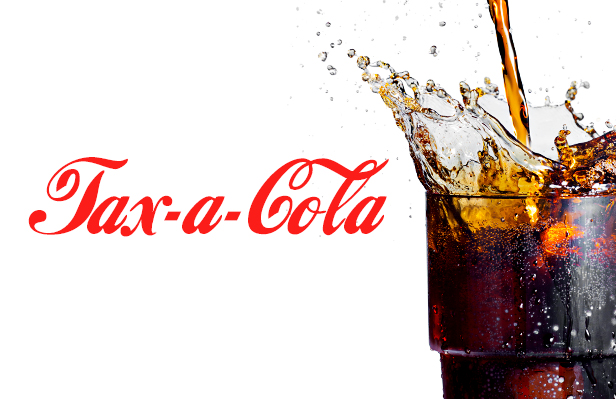Media

Philadelphia’s Soda Tax Falls Flat
Mayor Jim Kenney's administration has scaled back its pre-K program goals after Philadelphia's soda tax failed to meet revenue projections.
According to the Philadelphia Inquirer, the city is reducing the number of available pre-K seats by 1,000 over the next five years. The administration is also cutting back on new community schools and plans to reduce spending on the Rebuild Initiative, a program designed to improve parks, libraries, and recreation centers.
A case before the Pennsylvania Supreme Court could put an end to these programs entirely if the court rules the soda tax illegal under a 1932 law. City officials are preparing for this possibility by holding approximately $30 million in reserves until the pending lawsuit is settled.
Even if the tax passes muster with the court, and even if it met revenue expectations, neither would compensate for the harm done to Philadelphians. Oxford Economics—a organization specializing in global forecasting and quantitative analysis—calculated the costs of the soda tax in a December 2017 study. They estimated Philadelphia will lose nearly 1,200 jobs, $54 million in labor income, and $80 million in annual GDP.
Despite the negative consequences of the tax, officials say it's worth the price, citing new educational opportunities for Philadelphia students. But their preferred approach—a move toward universal pre-K—hasn’t been successful in other cities. Children attending pre-K programs usually lose any significant learning gains by third grade.
In sum, Philadelphia is imposing a harmful tax on the people who can least afford it to fund a program that won't measurably impact students' lives.
Opposition to the tax is not opposition to educational improvement reform. Policymakers can protect working people from tax increases and provide quality educational opportunities by expanding school choice programs like the Educational Improvement Tax Credit and Opportunity Scholarship Tax Credit.
The creation of Education Savings Accounts is another innovative solution critical to saving students from dangerous and underperforming schools. Fortunately, these choice-centric programs save taxpayers money by spending just a portion of what a traditional public school spends per student.
Leveraging choice in education is the key to its transformation. Our school systems—in Philadelphia and across the commonwealth—won’t be fixed by politicians and government officials' tax-and-spend plans. It's up to parents, guardians, and community leaders to take the lead.